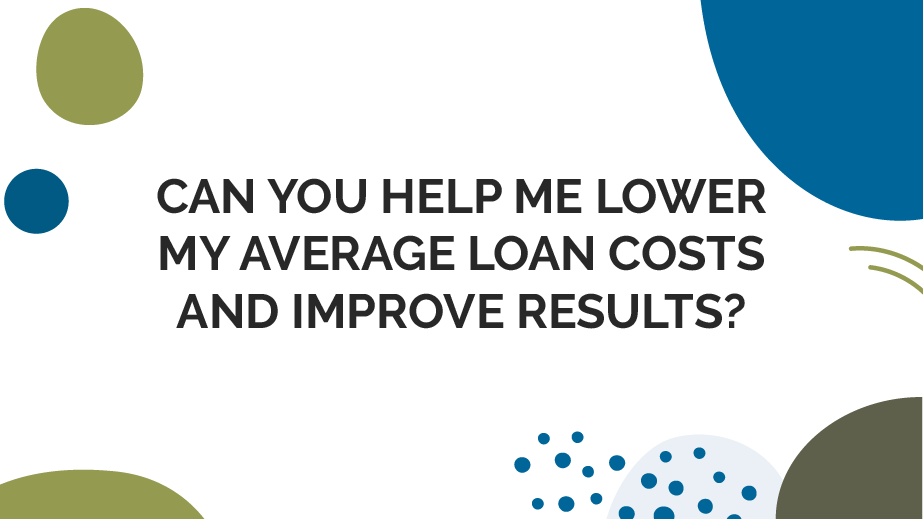Hybrid Appraisals: A Viable Alternative to Traditional Appraisals?
by William Janke.
March 30, 2022
Hybrid appraisals have become more prevalent and accepted by the lending industry as an alternative to traditional appraisals. Benefits to lenders and consumers include quicker turn times and reduced cost. So, what exactly are hybrid appraisals, and why are they an excellent alternative to traditional appraisals?
What are Hybrid Appraisals?
Hybrid appraisals were developed as an alternative valuation solution. They were developed in response to the increasing turn times and rising costs of traditional appraisals. This is especially true during peak lending season. Hybrid appraisals are being used more frequently as a replacement to traditional appraisals. This is especially true for HELOCs, non-traditional lending (non-GSE), REO/default, and portfolio management. Hybrid appraisals are most effective in urban and suburban markets where both the general market and specific subject data are readily available. However, they are increasingly available in more rural markets.
Let’s look at the most important similarities between hybrid and traditional appraisals. Both are completed by licensed or certified appraisers in the subject’s market. It is the experience and expertise of the appraiser that brings credibility to the appraisal report regardless of the form type. Another similarity between hybrid and traditional appraisals is that both are completed using a USPAP compliant appraisal process and form.
A hybrid appraisal is completed on a shorter form, emulating the desktop appraisal report that has been around for years. There are multiple hybrid appraisal product offerings with varying amounts of content. Some versions require an exterior-only inspection, while others include both exterior and interior inspection. Some versions require photos and measurements, while others do not. Hybrids also contain varying levels of information from third-party inspection reports, location maps, and graphs or charts containing pertinent market data. Some of the more detailed hybrid appraisal products include analysis of active listings or comparison grids detailing comparable sale and market adjustments.
How do Hybrid Appraisals achieve their efficiencies?
Hybrid appraisals achieve efficiency through third-party inspections completed by home inspectors, real estate agents, or other appraisers. These real estate professionals send the data collected in the field to the appraiser. The appraiser completing the assignment no longer has to dedicate time to schedule and complete an inspection. This allows the appraiser to focus on analyzing the data and developing the appraisal report. Using third-party inspectors eliminates one of the main causes for extended turn times during peak lending season–the lack of the appraiser’s availability to schedule inspections. Depending on the appraiser’s workload, inspections are often pushed out a week or two and beyond.
The use of third-party inspections also reduces the cost of appraisal products. By using an inspector, the appraisal process shortens by eliminating the time spent communicating to schedule, driving to the inspection, measuring, and taking all the required photos. By determining the appraiser’s fee at an hourly rate, the fee for hybrid appraisals is often substantially less than the average fee for a traditional appraisal. Hybrid appraisals are becoming more attractive to appraisers looking to reduce or cut out field work to complete more assignments in less time.
How has COVID-19 affected Hybrid Appraisals?
The biggest challenge appraisers have faced since the pandemic is the collection of interior subject data, due to mandated lockdowns and concerns over the spread of COVID-19. To address the challenges of traditional appraisals, the GSEs allowed for data collection techniques currently utilized for hybrid appraisals. For some assignment types, the temporary flexibility allowed appraisers to use MLS, public record data, and other online sources to collect data in lieu of an interior inspection. The GSEs also provided a modified scope of work for appraisers to supplement traditional forms. This allowed the appraisers to certify that they did not perform a visual inspection of the subject property, but instead relied on third-party data sources.
What does the future of Hybrid Appraisals look like?
The use of hybrid appraisals will continue for the loans that they are suitable for. The biggest change in the future for hybrid appraisals will be when the GSEs fully develop and implement their own hybrid appraisal form. This is currently underway as they continue exploring appraisal modernization. As the largest purchasers of mortgages on the secondary market, this will have a huge impact for lenders and appraisers. Like their introduction of the Uniform Appraisal Dataset (UAD), a standardized hybrid appraisal form and reporting format will allow for the GSEs to collect the data from these reports through the Uniform Collateral Data Portal® (UCDP®). Currently, there are numerous providers of hybrid valuation products in the market, and each have their own unique form. These products may become obsolete, as GSE appraisal forms have become the standard for non-GSE loans.
In Summary
While hybrids may never fully replace traditional appraisals, especially for complex assignments or in rural markets where online data might be limited, they have become a viable alternative. Faster turn times, reduced cost, and USPAP compliance are all reasons many lenders have begun utilizing hybrids over AVMs, evaluations, BPOs, and standard appraisals for a large range of their lending decisions. Currently, there are many providers of hybrid appraisal products available to lenders to meet their valuation needs.

William has been in the appraisal industry for 17 years.
As a certified appraiser, he serves as the Appraisal QC and Compliance Manager at Corporate Settlement Solutions in North Olmsted, Ohio.
Corporate Settlement Solutions (CSS) is a single-source provider of real estate title, closing, valuation, flood, and recording solutions.
Our team is highly engaged in delivering results that make our customers more efficient, effective, and profitable.
Contact sales@visitcss.com to get started!



